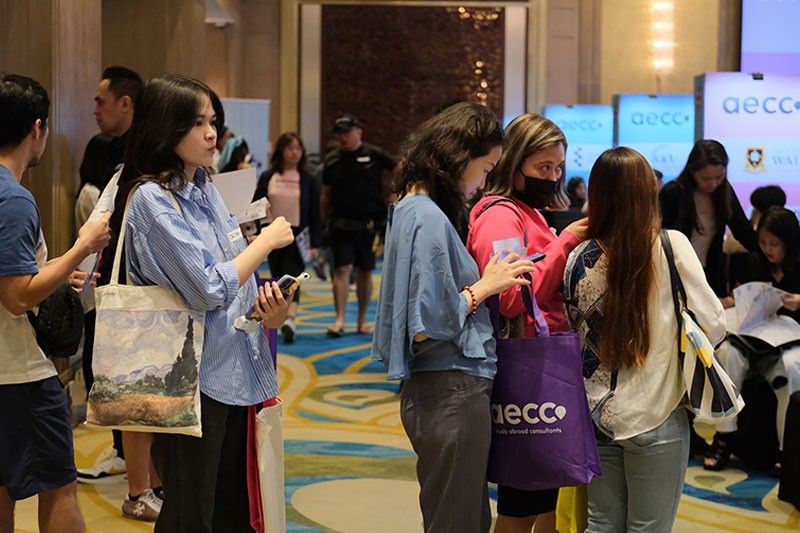
MANILA, Philippines — A number of Filipinos dream of studying abroad. If they are not very vocal about it, they may be secretly nurturing such a dream.
Studying abroad offers several advantages. One is the chance to experience a different kind of school vibe and style of teaching. It could also mean being able to live a different, more independent kind of life and being able to interact with students of different races and cultural backgrounds.
Studying abroad is indeed a life-changing tertiary education, as it also contributes significantly to character-building and leads to self-discovery. But what seems to keep many from taking the leap?
First of all, it is the “huge” expense that it may entail, which is not within the range of the parents, especially if they have other children to send to school as well.
Second, there are many processes to go through, such as obtaining a passport, scouting for potential schools abroad, taking entrance exams and passing them, requesting for supporting documents for travel purposes, etc.
Information on the process and accessibility, according to AECC Global, an international education consultancy, is key to address hurdles in studying abroad. It can even be more accessible and manageable than many people realize.
Guest speaker in Global Education Fair explains the requirements for studying abroad.
Jun Mojica, Marketing Manager of AECC, said: “Gaining a global edge in competitiveness and cultural literacy is not necessarily expensive. The cost of tuition fees abroad is comparable to those of leading local Philippine universities. In certain countries, the duration of study programs is shorter.”
Mojica added that countries like Australia, Canada, New Zealand, and the United Kingdom offer work rights to students while they study, which may help them cover living expenses and succeeding tuition fees. Students can work from 20 to 24 hours per week during term-time and unlimited hours during scheduled course breaks.
Additionally, graduates from international education providers can work up to three years after completing their programs.
When it comes to processing the students’ requirements, study abroad consultants like AECC assist applicants, from school selection to visa application, without charging professional or placement fees.
AECC partners with more than 800 universities in 12 countries, including Australia, Canada, New Zealand, the United States, and the United Kingdom, offering over 110,000 courses, including vocational, undergraduate, and postgraduate programs.

Attending AECC’s Global Education Fair.
“Entry requirements vary depending on the course, institution, and country. This can include different academic prerequisites, language proficiency tests, and application deadlines. Navigating these requirements can be complex, which is why having the guidance of experts is invaluable. They can help ensure that all necessary documents are submitted correctly and on time, increasing the chances of a successful application,” he added.
To reach more students who would like to explore the possibility of studying abroad, the firm organizes the Global Education Fairs.
These events are designed to streamline the application process and provide attendees direct access to representatives from various educational institutions abroad, so it easily becomes clear to the parents which country and which educational institution is most ideal for their kids.
RELATED: Making international education affordable to Filipino families


Be the first to comment